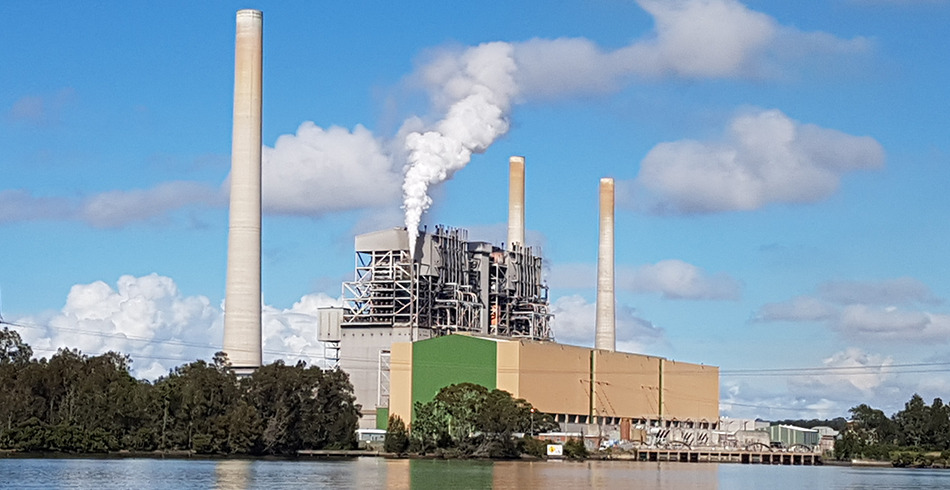The closing date for submissions to the NSW Environment Protection Authority (EPA) five-yearly review of environment protection licences for Eraring, Mount Piper, Vales Point and Bayswater power stations is November 27.

The EPA uses environment protection licences to regulate emissions from power stations, as well as noise, water management, land contamination and waste.
EPA Executive Director Regulatory Operations Jason Gordon said regular reviews play an important role in ensuring we reduce risks to human health and the environment from coal fired power stations.
“The EPA has a comprehensive and robust framework for regulating power stations in NSW and we work closely with all the operators to continually strengthen monitoring and reporting requirements, and improve transparency,” Mr Gordon said.
“Previous consultations on power stations have helped inform decisions to adjust licence conditions and provide strong protection to the community and the environment.”
However, a growing chorus of community voices are raising alarm bells about the long-term consequences of exposure to the fine particulates released into the air from coal fire power stations. Coal ash dams and dust are another hot issue.
According to a submission guide put together by the Nature Conservation Council and Environmental Justice Australia, the current limits for air pollutants are too high.
“The current licence limits for toxic pollutants known to harm health such as nitrogen oxides, sulphur dioxide, particulates and mercury remain too high and are much higher than limits placed on coal fired power stations in many other countries where technology is used to significantly reduce these pollutants.
“The EPA must lower air pollution limits
“Operators are not required to publish all information and data.
“Currently, despite certain licence conditions requiring operators to monitor and report on pollution levels or undertake detailed reporting on site operations, this information is not readily available to the public.
“The EPA must require operators to publish more information and data.
“Only Eraring and Mount Piper power stations have a formal Community Consultative Committee or ‘CCC’.
“Vales Point and Bayswater don’t have one – but we think they should and that this should be a requirement of each licence.
“CCCs are important for ensuring that big business, like Origin, EnergyAustralia, AGL and Delta Electricity, engage with communities and stakeholder groups on the environmental, social and economic impacts of their operations.
“They allow for community concerns to be raised directly with operators, detailed minutes of meetings to be published for public perusal and are an important tool for engagement, accountability and transparency.
“The EPA must require a CCC for Vales Point and Bayswater.
“Climate plans should be added to the licences.
“Despite the EPA planning to regulate CO2 emissions like any other pollutant, there are no licence conditions for limiting climate pollution yet.
“These four power stations are among the biggest CO2 emitters in NSW, so this can’t wait another five years.
“Conditions should include an end-date for CO2 emissions, a maximum limit and a pathway to transition from polluting operations to clean energy production while maintaining energy security.
The full submission guide can be found here.
Public consultation for the review of coal fired power stations’ licenses will close on Monday 23 October until Monday 27 November 2023. To learn more, you can access the public consultation and Have Your Say at https://yoursay.epa.nsw.gov.au/review-of-power-station-licences
Power station licences and pollution monitoring results provided by licensed industry operators are available on the EPA’s Public Register.


